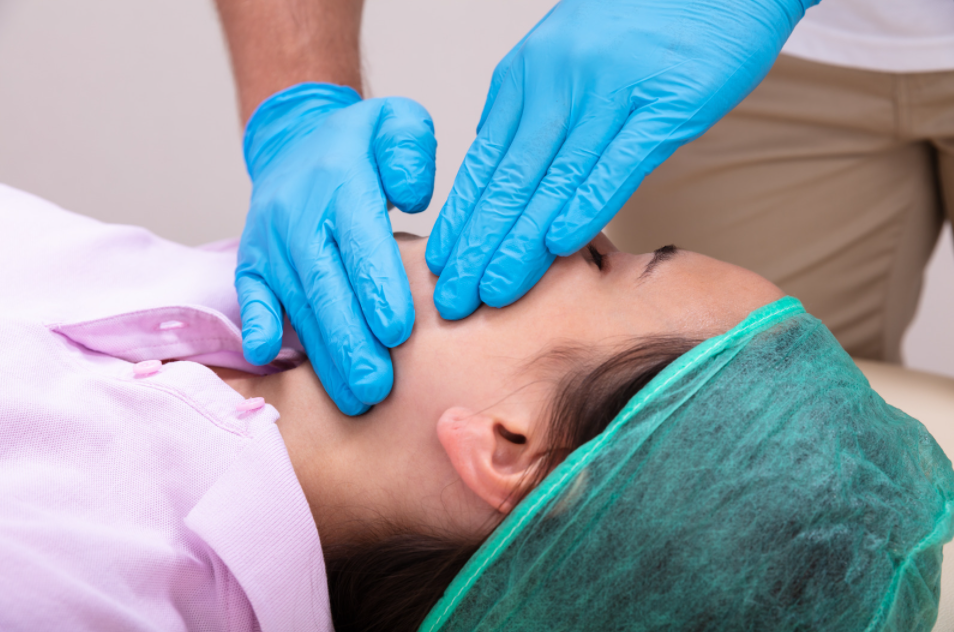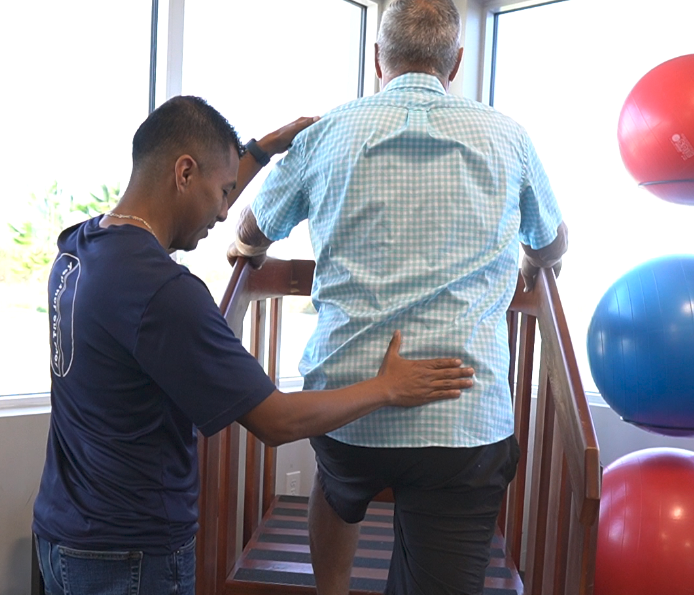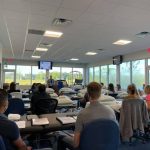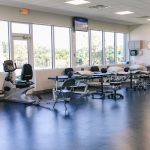When the shoulder is injured or not working effectively, it can usually be caused by any one or several key problems – but this one may be the most important of all….
Usually activities such as playing golf, gardening, throwing a football, or even reaching behind to your back pocket to grab your wallet is troublesome when this problem occurs.
Wouldn’t it be great to know what is going on with your shoulder and how you should go about getting it fixed? Of course it would.
It would also be good to know that you won’t need surgery or dangerous painkillers just to get through your 18 holes of golf – or to take part in your athletic competition, or just to get through work.
Shouldering the Problem
In some cases, your shoulder blade may not be moving enough or may not be strong enough to hold your shoulder in place.
You see, what we typically refer to as the “shoulder blade,” is actually called the scapula. The humerus, or “shoulder bone,” fits directly into the scapula.
When the shoulder blade isn’t moving properly or becomes weak, the enture shoulder joint and surrounding muscles must work harder, often resulting in pain and difficulty performing activities involving the shoulder (which is just about all of them!). Especially hard-hit are athletes, weekend warriors, and those over age 55.
There are 22 muscles atatched directly to the shoulder blade – making the shoulder one of the more complicated joints in the human body.
Reaching for Relief
Any effort to alleviate shoulder pain should begin with a concerted effort to strengthen the muscles around your shoulder blade. When these muscles are not working together, the shoulder begins to move abnormally, often resulting in rotator cuff tears, tendonitis and other shoulder injuries.
Our eBook, “Stop Shoulder Pain: Common Causes of Shoulder Pain and How to Heal, Strengthen and Prevent Injury Without Surgery or Painkillers” has some great advice about how to deal with shoulder pain, as well as a few strengthening exercises you can try at home.
If, after a few weeks of trying these exercises and stretches you do not see an improvement, we urge you to call our office at (239) 242-0070 to schedule an appointment for a FREE consultation.
We will give you an accurate diagnosis and can show you which activities to avoid and how you can ease your shoulder aches and pains naturally.
Get back to doing what you love! Call now!










